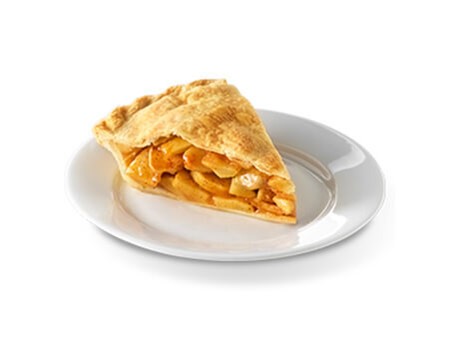A nurse is providing teaching about food poisoning prevention to a group of clients who are self-catering. Which of the following choices by one of the clients demonstrates an understanding of the teaching?
Thaw frozen meat on the counter.
Reuse leftover marinade as sauce.
Apple pie
Cooked rice
The Correct Answer is C
Choice A reason: Thawing frozen meat on the counter is not a good practice for food poisoning prevention because it can allow bacteria to grow rapidly on the surface of the meat. Thawing frozen meat should be done in the refrigerator, in cold water, or in the microwave.
Choice B reason: Reusing leftover marinade as sauce is not a good practice for food poisoning prevention because it can contaminate cooked food with raw meat juices that may contain bacteria. Leftover marinade should be discarded or boiled for at least one minute before using as sauce.
Choice C reason: Apple pie is a good choice for food poisoning prevention because it is unlikely to contain harmful bacteria or toxins. Apple pie is made from cooked apples, sugar, flour, and butter, which are low-risk ingredients for food poisoning. Apple pie should be stored in the refrigerator or freezer after cooling to prevent spoilage.
Choice D reason: Cooked rice is not a good choice for food poisoning prevention because it can harbor a bacterium called Bacillus cereus, which can produce toxins that cause vomiting and diarrhea. Cooked rice should be cooled quickly and stored in the refrigerator for no more than one day or in the freezer for longer periods. Cooked rice should be reheated thoroughly before eating.

Nursing Test Bank
Naxlex Comprehensive Predictor Exams
Related Questions
Correct Answer is D
Explanation
Choice A reason: Checking gastric residuals every 8 hr is not frequent enough, as it can miss signs of delayed gastric emptying, which can cause aspiration, nausea, vomiting, or abdominal distension. Gastric residuals should be checked every 4 hr.
Choice B reason: Returning gastric contents if residual is less than 250 mL is not advisable, as it can increase the risk of infection, contamination, or electrolyte imbalance. Gastric contents should be discarded if residual is more than 100 mL.
Choice C reason: Measuring the pH of gastric residual every 24 hr is not necessary, as it does not reflect the effectiveness or tolerance of the feeding. The pH of gastric residual should be checked before each feeding or every 6 to 8 hr to confirm tube placement and prevent misconnection.
Choice D reason: Flushing the tube with 15 mL of water every 4 hr is a correct action, as it can prevent clogging, maintain patency, and clear the tube of formula residue. Water should also be used to flush the tube before and after each medication administration.
Correct Answer is A
Explanation
Choice A reason: Flushing the tubing with water every 4 hours can prevent the tubing from clogging by clearing any residual formula or medication from the lumen.
Choice B reason: Replacing the bag and tubing every 24 hours can prevent bacterial contamination, but it does not prevent the tubing from clogging.
Choice C reason: Administering the feeding by gravity drip can cause overfeeding, aspiration, or diarrhea, but it does not prevent the tubing from clogging.
Choice D reason: Heating the formula prior to infusion can cause bacterial growth, nutrient loss, or burns, but it does not prevent the tubing from clogging.
Whether you are a student looking to ace your exams or a practicing nurse seeking to enhance your expertise , our nursing education contents will empower you with the confidence and competence to make a difference in the lives of patients and become a respected leader in the healthcare field.
Visit Naxlex, invest in your future and unlock endless possibilities with our unparalleled nursing education contents today
Report Wrong Answer on the Current Question
Do you disagree with the answer? If yes, what is your expected answer? Explain.
Kindly be descriptive with the issue you are facing.
